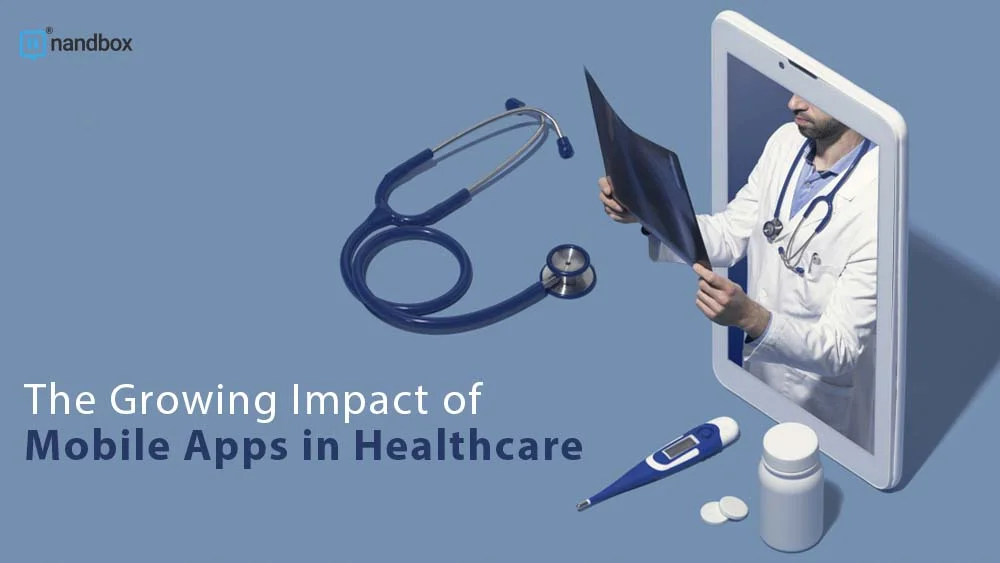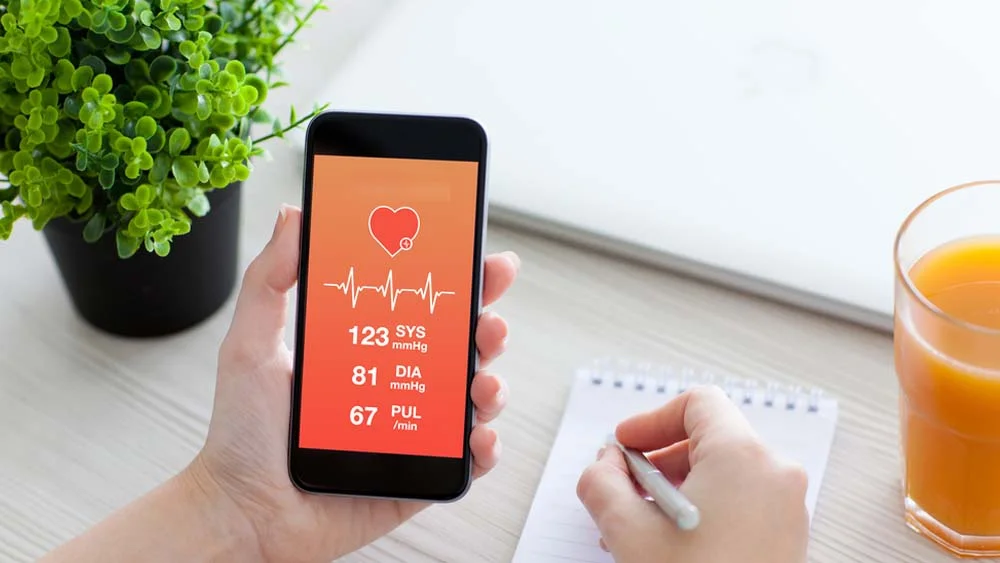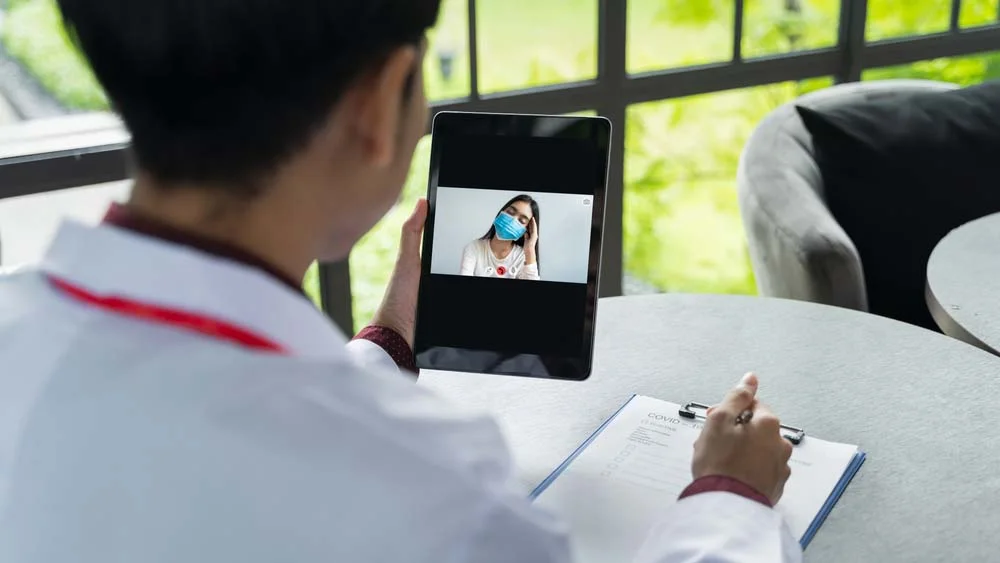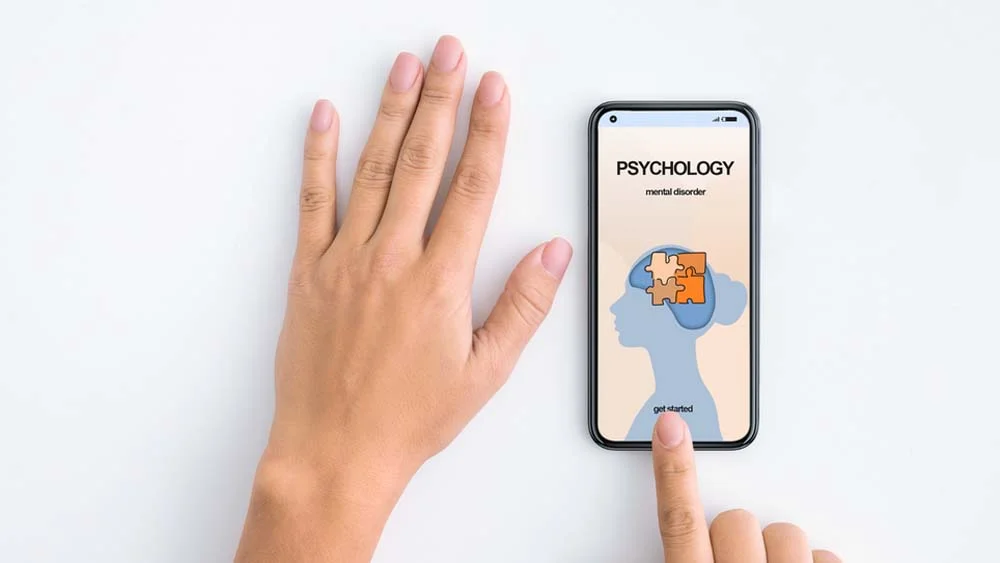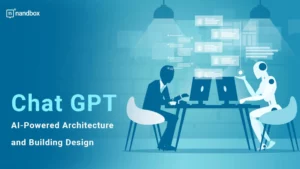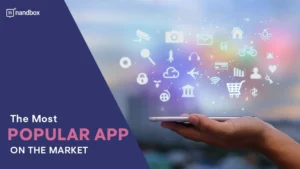Mobile Apps’ Effect on the Healthcare Industry
Technological advancement is leaving a significant mark on all industries and fields. From the food industry, through banking, and finally reaching the healthcare industry. Prior to digitalization and technological progress taking place, healthcare was also a ready and leading industry. However, there were many drawbacks and pitfalls that the industry drastically suffered from until very recently. Mobile applications, to be more specific, have been one of the many new technologies that have been brought into the healthcare industry, and as of right now, there has been a significant amount of progress as a result. In this article, we will demonstrate mobile apps in health care, and the great impact they had on the industry.
Overview of the Healthcare Industry
The healthcare industry is one of the most important, profitable, and broad industries of all time. It is responsible for providing goods and services to patients, as well as offering support and care. It includes both public and private establishments that deliver these vital services. Healthcare is essential to the global economy, as it accounts for a significant portion of the global domestic gross. It plays a critical role in the development and functioning of economies, both large and small. It is a major contributor to the well-being and prosperity of individuals and societies throughout the world. Healthcare services are becoming increasingly in demand. As the population grows and the world becomes more interconnected, the industry becomes even more valuable and important to the global economy.
How Mobile Apps are Impacting the Healthcare Industry
At the beginning of the year 2020, the entire globe was startled by the outbreak of a pandemic. The whole world focused mostly on healthcare, however, many services were hard to reach, and many people couldn’t get the care they needed. This is when mobile apps came into the picture and were able to close this gap and provide people in need with all the health services they needed throughout the pandemic. The emergence of healthcare apps came as a great rescue, not only for individuals but also for medical establishments and the people working in the health sector and health science. Over 70 percent of patients currently use healthcare apps and prefer them to conventional methods of acquiring medical services. The market for healthcare apps expanded by almost 15 percent during the year 2020.
Types of healthcare apps
1.) Health Monitoring Apps
Some chronic illnesses, like diabetes, require constant monitoring. Health monitoring apps are designed to help individuals with chronic illnesses track and monitor their health in a constant and minute-by-minute manner. These apps can be used to measure vital signs like blood pressure and glucose levels. As well as tracking physical activity, symptoms, and diet. They can also be used to set reminders and alerts for when it is time for medication or a doctor’s appointment. By providing access to health data, these apps can help individuals better manage their chronic illnesses and improve their overall health.
2.) Urgent Care Apps
Urgent care apps have proven to be lifesavers in many emergencies and life-threatening situations. They are used for providing patients with immediate care for any medical emergencies, such as locating urgent care units with everything regarding them, from cost to distance to availability. They have proven to be quite beneficial, especially for those suffering from conditions that threaten their lives or are chronic.
3.) Medication tracking
Medication tracking apps came to simplify the tedious and boring process of pill intake in an engaging and interesting way. These apps work as both reminders and trackers for medication progress. They can alert you when it is time to take a pill, when you missed a dosage, or even when you are low on your medications. To even be more convenient, other apps offer the feature of being able to change what type of medication you are taking, be it pill form or injection, such as Rybelsus or Ozempic.
4.) Doctor’s appointments apps
Appointment apps for doctors have made it easier for patients to access medical care. These online medical appointment booking systems allow users to book appointments, check their health records, and get reminders for upcoming appointments. Additionally, they enable users to connect with their healthcare providers and access their medical information quickly and easily. These apps have made the process of booking an appointment way easier and more efficient, with no need to wait in a queue for hours.
5.) Mental health apps
Mental health apps provide access to mental health services for individuals in need of mental health support. They can help users track their moods, set goals, and develop coping skills. Additionally, these apps can provide users with access to mental health professionals, such as therapists. They can also provide users with resources, such as educational materials and tips for managing mental health issues, such as breathing techniques. Finally, the best mental health apps can provide users with support and a connection to a community of other individuals who are also dealing with mental health issues.
Advantages of Mobile Apps in Healthcare
Improved Engagement with patients
Mobile apps have enabled healthcare providers to become more accessible to their patients, as they can now communicate with them more quickly and easily. Additionally, mobile apps have allowed healthcare providers to engage with their patients more meaningfully, as they can now access their patient records instantly and provide personalized care based on their diagnosis. They can also follow up on the care provided. This has resulted in improved patient satisfaction, better outcomes, and increased patient engagement.
Fast Access to Care
Mobile apps have also improved access to care, allowing patients to access their health information and connect with their healthcare providers more easily. Prior to mobile apps, getting access to care was a bit of a tough spot, as finding the right specialized doctors would take time. Also providing your information, including history and medications, was a difficult process. Now, this is all gone, as patients can access any healthcare services they need with only one click. With no need to provide their information each time as caregivers can access them electronically.
Cost Reduction
By providing more efficient services and reducing the amount of time needed for manual processes, mobile apps are allowing healthcare facilities to reduce their costs, resulting in lower prices for patients. Mobile apps also enable healthcare providers to reduce their administrative costs, as they no longer need to manually enter patient data and can instead access it electronically. Furthermore, mobile apps can automate a variety of tasks, such as appointment scheduling and medical billing, resulting in fewer errors and fewer administrative costs.
Improved Efficiency
Mobile apps have made it easier for healthcare providers to manage their patients’ data, as they can now access it online. There is no need for the long and boring process of filling in all the information manually. This has increased the efficiency of healthcare services. Providers can now easily access and manage patient records. As a result, provide them with the right and correct healthcare they require, with no room for misdiagnosis or inconvenience.
In Summary
The impact mobile apps have had on healthcare is immaculate and undeniable. They have proven their effectiveness, especially during hard times. From health monitoring and medication tracking to urgent care, doctor appointments, and mental health support. These apps have revolutionized the delivery system of health care. Additionally, It successfully closed the gap between patients and caregivers in terms of communication and providing services. As a result, access to care has improved, costs have been reduced, and efficiency has improved.
Now, many medical institutions are shifting to developing apps to control their patients as well as their employees. To further aid in reducing costs for such facilities, nandbox provides a cost-effective solution for creating apps to manage patients and employees. With its easy and efficient app development process and interface, it is the perfect platform for those looking to streamline their operations and improve management. Additionally, with the vast collection of features like appointment booking, reminders, notifications, and in-app search. This can help medical institutions perform better and communicate well with patients. Try the nandbox app builder now and be the one who provides people with the healthcare services they need and deserve.

